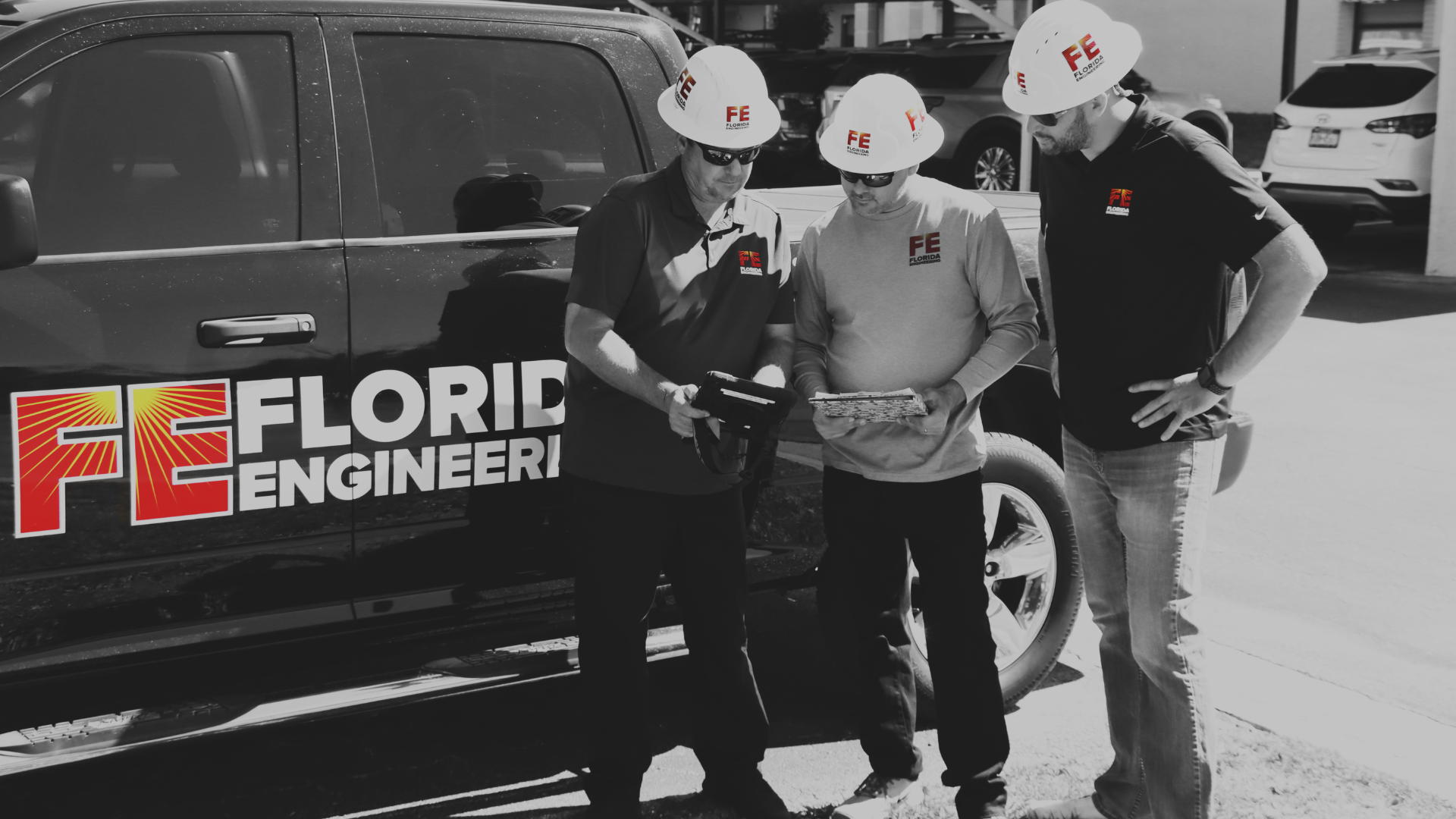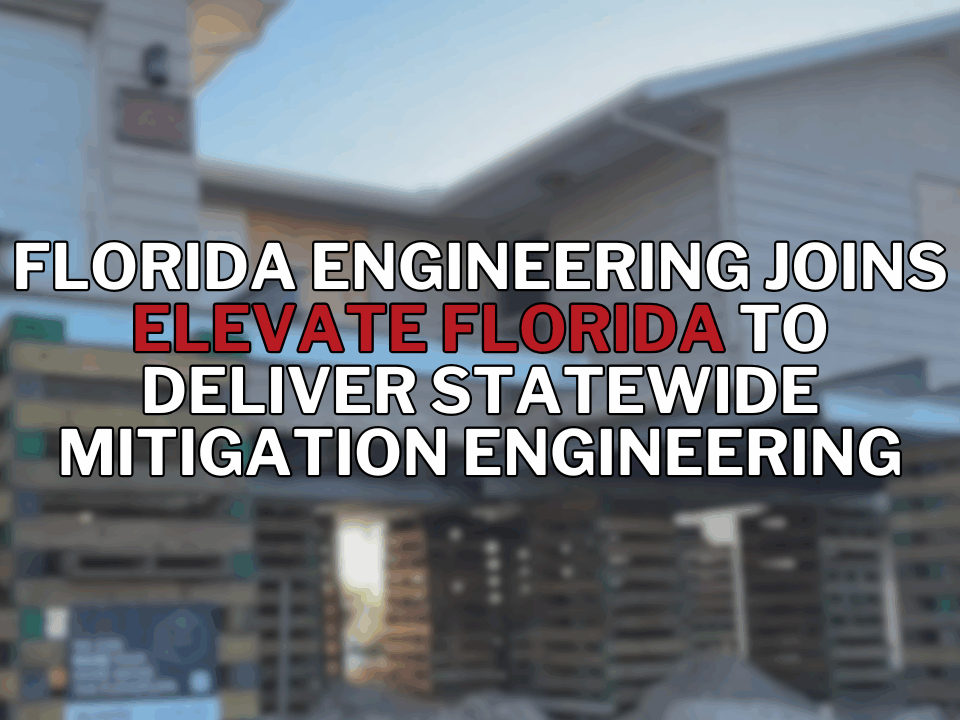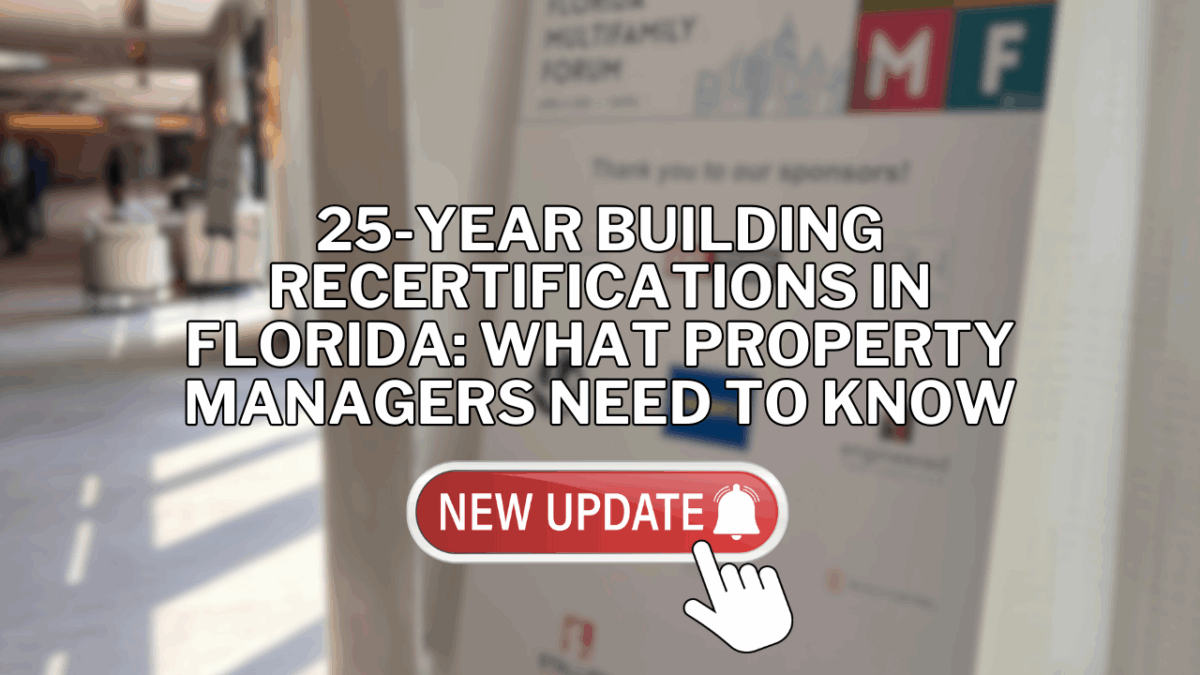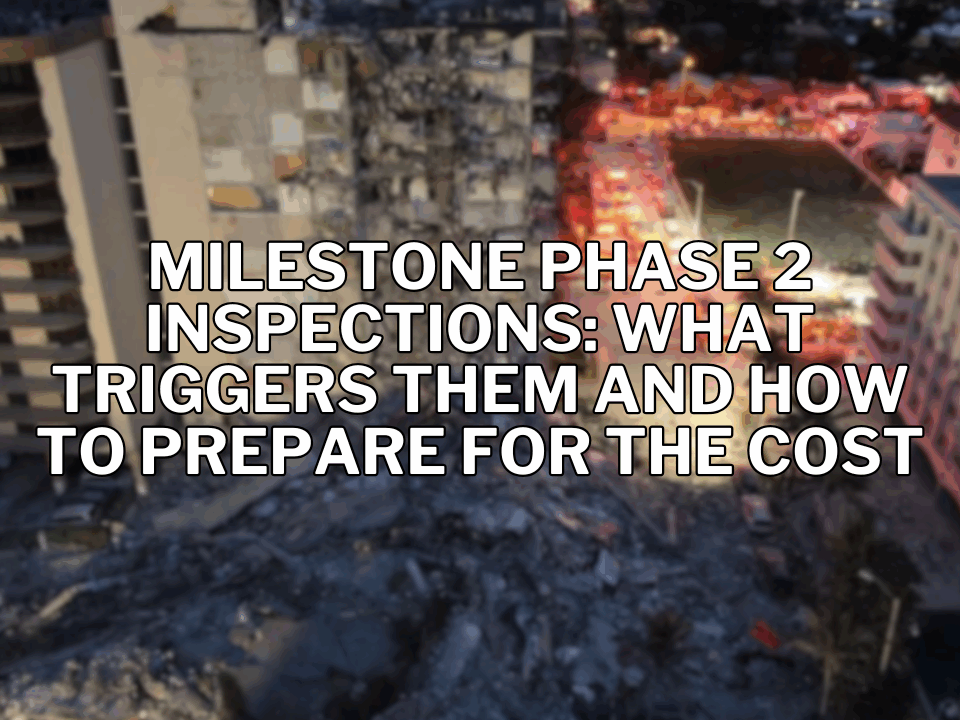The structural safety of Florida’s aging buildings is no longer optional—it’s regulated, recurring, and essential. With SB 4-D and now HB 913 in effect, the state has redefined compliance expectations for buildings reaching 25 years of age, especially along the coastline. This guide breaks down everything civil engineers, condo boards, and property managers must know in 2025.
Table of Contents
- Why 25-Year Recertifications Matter
- SB 4-D: Florida’s Structural Safety Law
- HB 913: New Legal Changes in 2024
- Who Must Comply?
- Inspection Phases Explained
- Compliance Timeline and Deadlines
- Inspection Report Requirements
- Legal and Financial Risks
- Action Plan for 2025
- Frequently Asked Questions
- Partner With Florida Engineering LLC
Why 25-Year Recertifications Matter
After the 2021 Surfside collapse, Florida’s legislature responded decisively. SB 4-D introduced recurring milestone inspections, now reinforced by HB 913. These laws aim to prevent structural failures by ensuring early detection of deterioration in aging buildings. For stakeholders, this means safer communities and reduced legal exposure.
SB 4-D: Florida’s Structural Safety Law
Enacted in 2022, SB 4-D mandates:
- Buildings three or more stories and within three miles of the coastline must undergo a milestone inspection at 25 years, then every 10 years.
- Other qualifying buildings must be inspected at 30 years, then every 10 years thereafter.
This law applies primarily to condominiums and cooperative buildings, ensuring structural integrity assessments are standard statewide.
HB 913: New Legal Changes in 2024
HB 913, signed in 2024, sharpens the focus and enforcement of milestone inspections. Here’s how it directly impacts 25-year building recertifications:
- No Notification Grace Period: Compliance is required regardless of official notice. It is now the association’s responsibility to meet deadlines based on building age and location.
- Transparency Mandate: Reports must be shared with all owners, posted online, and included on association websites—mandatory, even when no issues are found.
- Local Authority Expanded: Counties may require earlier inspections in sensitive areas, like near saltwater bodies, amplifying the coastal 25-year rule.
- Legal Accountability Reinforced: Failure to inspect is a breach of fiduciary duty, with potential personal liability for board members.
- Reserve Study Connection: Structural Integrity Reserve Studies (SIRS) now play a critical role in funding repairs discovered during inspections.
Who Must Comply?
This requirement affects:
- Condominium and Cooperative Associations
- Property Management Firms
- Buildings three stories or more in height
- Florida-licensed engineers and architects
Exemptions include:
- One- and two-family dwellings
- Fee-simple townhomes
- Structures under 3,500 square feet without structural support roles
Inspection Phases Explained
Phase 1
A visual inspection by a licensed engineer or architect. If no “substantial structural deterioration” is found, Phase 2 is not required.
Phase 2
Conducted only if issues are identified in Phase 1. May involve destructive testing and must provide a full remediation plan.
Compliance Timeline and Deadlines
- By December 31, 2024: Buildings built on or before July 1, 1992, must complete their first milestone inspection.
- 180 Days from notification or milestone: Inspection must be performed and submitted.
- 365 Days for repairs to begin after Phase 2 findings.
Note: HB 913 enforces deadlines even if no notice was received from the county.
Inspection Report Requirements
Each report must:
- Be signed and sealed by a Florida-licensed architect or engineer
- Include detailed observations, repair recommendations, and photo documentation
- Be distributed via mail, personal delivery, and electronic transmission
- Be posted on the association’s website and in common areas
Legal and Financial Risks
Failure to comply may result in:
- Buildings declared unsafe for occupancy
- Fines or enforcement action from local officials
- Legal action against board members for breach of fiduciary duty
- Delayed or unfunded repairs due to inadequate reserves
Action Plan for 2025
To ensure compliance and safety:
- Audit Building Age & Location: Confirm your building’s age and whether it’s within three miles of the coastline.
- Hire a Qualified Professional: Secure a Florida-licensed engineer or architect for the inspection.
- Conduct and Submit Reports: Complete the required forms and distribute them appropriately.
- Review Reserve Studies: Align financial planning with inspection findings.
- Maintain Ongoing Compliance: Schedule and document all future inspections and actions.
Frequently Asked Questions
Do we need a Phase 2 if nothing is found in Phase 1?
No. Phase 2 is only required if deterioration is detected.
Can local counties change the 25-year rule?
Yes. HB 913 allows local authorities to adopt earlier inspections based on environmental conditions.
Are milestone inspections the same as reserve studies?
No. Milestone inspections evaluate structural safety; reserve studies assess financial readiness for repairs.
Partner With Florida Engineering LLC
Florida Engineering LLC provides turnkey solutions for milestone inspections, reserve studies, and repair guidance. Ensure safety, compliance, and peace of mind—schedule your 25-Year Recertification with confidence.
Build with confidence—partner with Florida Engineering LLC today.
The Milestone Inspection Experts – Florida’s Condominium Inspections
- Phone: 941-391-5980
- Email: contact@fleng.com
- Address: 4161 Tamiami Trail, Suite 101, Port Charlotte, FL 33952
Connect With Us
Related Services
- Milestone Inspections
- Energy Calculation Services
- 25,30,40,50,60 Year Recertifications
- Pool Engineering Services
- Turnover Inspections
[This above text is for information purposes only and does not constitute engineering or legal advice. Please consult a professional engineer and licensed attorney for any specific answers to your questions about Milestone Inspections HB-913 and the legal obligations milestone inspections entail.]






